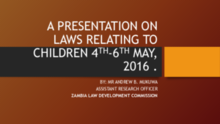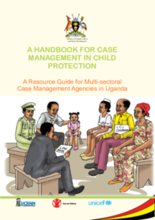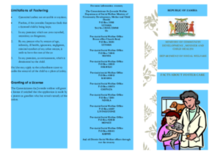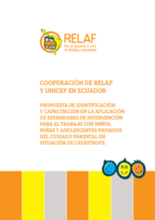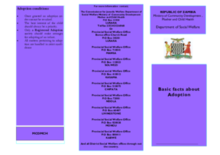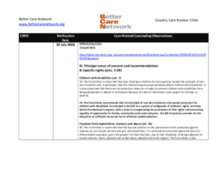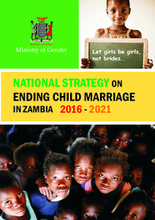Displaying 901 - 910 of 1798
This presentation from the Zambia Law Development Commission, given at the Zambia National Consultation to Accelerate Care Reform, describes the Zambia Law Development Commission and its work, provides an overview of the legal framework supporting child care in Zambia, and highlights potential or pending legislation related to children’s care.
The aim of this Handbook is to help to standardize practice in child protection case management in Uganda.
This brochure outlines the Public Welfare Assistance Scheme, including its objectives, types of assistance provided, social and educational support provided, eligibility and how to access services.
This brochure contains information about foster care in Zambia, including the definition of foster care, its limitations, its importance, how to become a foster carer and how foster licenses are granted.
This brochure outlines the Public Welfare Assistance Scheme, including services related to inspection of child-care facilities and adoption.
El presente documento de protección está destinado a guiar las acciones de las instituciones gubernamentales y no gubernamentales de Ecuador, en su respuesta humanitaria para la protección de los derechos de los niños, niñas y adolescentes ecuatorianos y sus familias, afectadas por el terremoto ocurrido en fecha 16 de Abril del 2016.
This brochure outlines adoption policy and procedure in Zambia, including a definition of adoption, how it works, its limitations, requirements for adopting a child, and other conditions.
This paper examines whether policies that guide the termination of parental rights correspond to state adoption rate differences in the United States.
This country care review includes the care related Concluding Observations adopted by the Committee on the Rights of the Child and the Committee on the Rights of Persons with Disabilities.
In order to strengthen the national response to child marriage, the Government of Zambia developed a five-year National Strategy on Ending Child Marriage (2016-2021).

